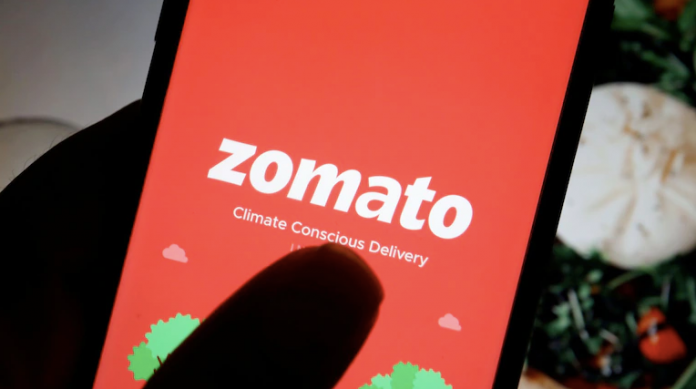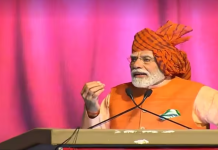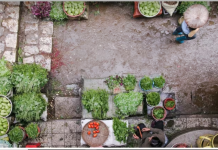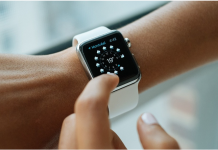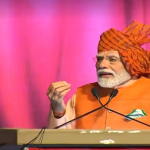If your favourite pastime is ordering food from Zomato and Swiggy, it may soon get costlier. From January, all food delivery apps will be liable to pay a 5 per cent goods and services tax, otherwise known as GST, on their restaurant services, per government orders. And this new charge may be offloaded to the users of these food delivery apps. That means you.
Finance Minister Nirmala Sitharaman, at the 45th meeting of the GST Council held in September earlier this year, announced the change in tax regime for hyperlocal food ordering services. She proposed that platforms such as Swiggy and Zomato should pay GST on behalf of their partner restaurants, including cloud kitchens and central kitchens, whose services are available through their apps. The proposal was accepted and will now kick in from the first day of 2022, i.e. January 1.
The government believes this move will curb tax evasions by restaurants, which, before the new GST rules come into effect, are responsible for collecting and depositing GST. Restaurants charge their customers GST on each order placed through food delivery apps but fail to pay taxes to the government. Transferring the onus to food aggregators is aimed at minimising this practice.ADVERTISEMENT
What does this mean for you, though?
As a customer, you should be aware that when you place an order, your order attracts taxes. The government has only transferred the responsibility of tax collection from restaurants to food aggregators, and this should ideally mean that there will be no extra charges for you. However, while neither Swiggy or Zomato can charge you over the proposed GST slab, they may introduce a fee that justifies the extra work that they are deemed to carry out on behalf of restaurants now.
The 5 per cent GST has been there in your order breakup, and it is over and above the 18 per cent GST that you pay to the restaurant. So, technically, you are not paying anything extra to the government, but, again, these food aggregators may charge you because of the infrastructure they would need to comply with the new GST regime.
Zomato, Swiggy, and other food delivery apps have not said anything yet about any extra charges, so, for now, you should not worry much.
Mind you, the GST regime applies to only food e-commerce operators (ECO), such as Zomato and Swiggy. If you are using services such as grocery shopping (InstaMart) or asking delivery partners to fetch your orders, which are not freshly cooked food, from a shop, there may be no GST applicable to these orders. Again, you are unlikely to be paying anything extra in an ideal situation.


